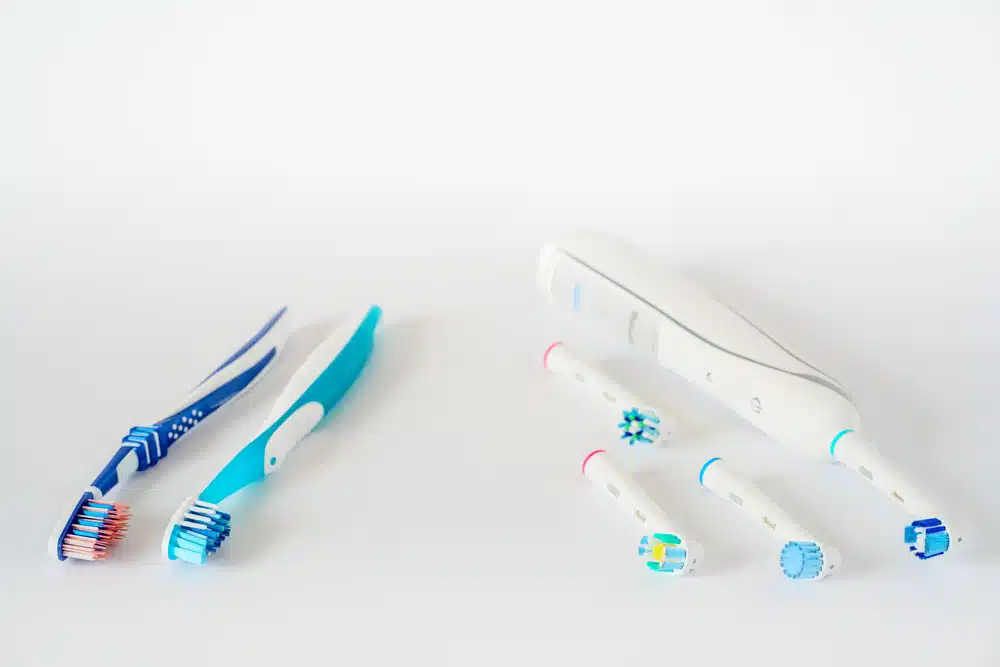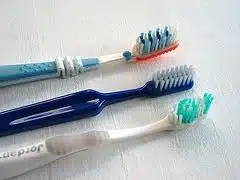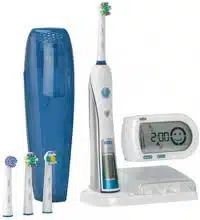
Electric Toothbrushes or Manual Toothbrushes?
As a dentist, it’s not unusual to find me browsing the dental aisle from time to time. I like to see what’s new. What I find particularly interesting, though, is watching people as they make their product choices.
My impression is that one area which seems to attract the most indecision relates to the subject of which toothbrush to buy. With manual toothbrushes people ponder over whether to get a soft bristle, a medium hardness, or an outright hard bristle. Then, the question becomes should it be angled or straight?
In my office, people also frequently ask: “How often should I replace my toothbrush?” (As often as once every other month. Don’t let it go beyond three months on average, however. Also, replace your brushes after being sick. The bristles retain germs.)
Then there is the question: is an electric toothbrush really better than a manual? If so, what kind of electric brush? Sonic, rotary, or oscillating?
It can get pretty confusing. So let me sum it up for you.
While I’m not sure every dentist will agree with me (only “three out of four” of us agree on anything anyway) 🙂 here is my opinion:
If you’re buying a manual brush, get a soft bristle. If you are deciding between a manual and electric – go for the electric. In my experience battery-powered brushes are fine, but rechargeable brushes are more convenient and eliminate the cost of frequent battery changes. Rotation-oscillation is usually preferred, but I have seen excellent results with the sonics as well.
Soft bristles are kinder to the gums, and since you should be paying attention to your gum-line when you brush, this is important. When I was in dental school I recall a lecture explaining that soft bristles were also “end-rounded,” which means that if you looked at the tips of the bristles under magnification, their ends are, well, rounded. This is in contrast to bristles that are cut off at sharp angles on the harder brushes. I guess the manufacturers figure if you’re going to buy the harder bristle, “What the heck. There is no point to rounding off these babies, let’s keep ’em really rough.” The trouble is this can be abrasive to your gums.
As for the electric brush, I think a consensus exists that — per time spent brushing — more plaque is removed. So this is worth the extra investment. If finances are tight, I believe that you still can achieve excellent results with a manual brush – if you use it correctly. This means brushing in the correct directions, with the right motions and with the appropriate amount of force. Have your dentist or hygienist demonstrate the recommended technique to you. Also, if you have all of your teeth, you should spend at least two minutes brushing them. In my observation, the trouble is that most people simply don’t brush long enough. So time your brushing. One study showed most people think they are brushing much longer than they actually are. Since human nature seems to be inclined to “rush the brush,” this is where electric brushes have an advantage over the manual variety. Many of the electrics have built-in timers. You can still cheat, but at least you will know you are doing it.





